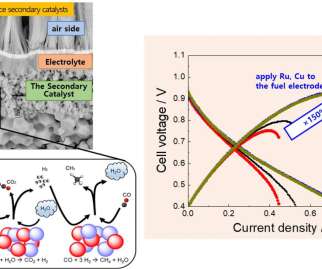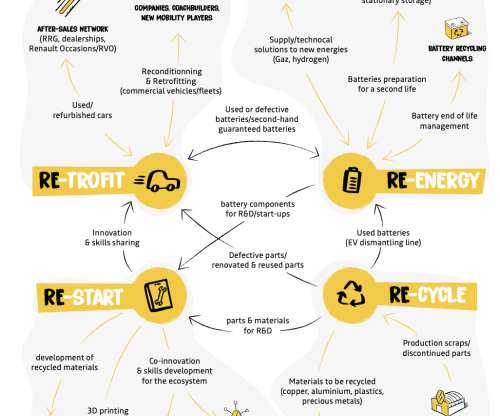DOE announces intent for funding to improve bioenergy feedstocks and optimize production of biofuels and biochemicals
Green Car Congress
DECEMBER 16, 2022
These potential FOAs—“Reducing Agricultural Carbon Intensity and Protecting Algal Crops (RACIPAC)” and the “2023 Conversion R&D”—will enable the sustainable use of domestic biomass and waste resources to produce biofuels and bioproducts.







































Let's personalize your content